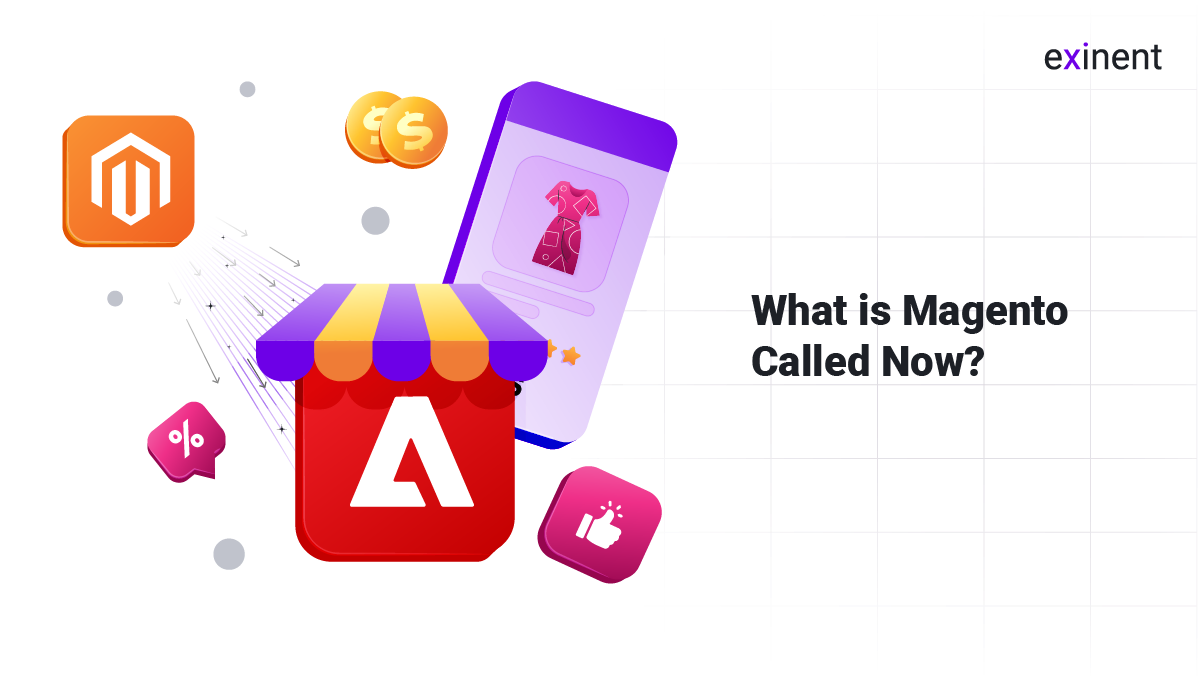
Magento, once a titan in the e-commerce platform world, has undergone a brand transformation. But fear not, Magento enthusiasts! Its robust functionalities and functionalities haven’t vanished. Let’s delve into the evolution of Magento and its current iteration: Adobe Commerce.
From Magento to Adobe Commerce: A Timeline
- Pre-2018: Magento reigned supreme as a leading open-source e-commerce platform, offering merchants a powerful and customizable solution.
- 2018: Adobe acquired Magento, recognizing its potential to bolster its digital experience offerings.
- 2016-2021: Magento Commerce, a hosted enterprise version of the platform, existed alongside the open-source Magento.
- April 2021: The big shift! Magento Commerce was rebranded as Adobe Commerce, signifying a tighter integration within the Adobe Experience Cloud ecosystem.
Understanding Adobe Commerce: Magento’s Powerful Alter Ego
While the name has changed, Adobe Commerce retains the core functionalities that made Magento a favorite. Here’s what you can expect:
- Open-Source DNA: At its heart, Adobe Commerce is built on the sturdy foundation of Magento’s open-source code. This ensures flexibility and a vast community of developers.
- Enhanced Scalability: Catering to businesses of all sizes, Adobe Commerce offers the scalability to accommodate growth alongside your online store.
- Seamless Integration: A significant advantage of Adobe Commerce is its tight integration with other Adobe Experience Cloud products like Analytics, Marketing Cloud, and Campaign Manager. This fosters a unified customer experience across touchpoints.
- Feature-Rich Platform: From robust product management tools to advanced marketing functionalities, Adobe Commerce empowers you to create a feature-laden online store.
- Unmatched Security: Leveraging Adobe’s security expertise, Adobe Commerce provides robust security measures to protect your store and customer data.
Is Adobe Commerce Right for You?
Considering a switch to Adobe Commerce? Here are some factors to ponder:
- Your Business Needs: For businesses requiring a highly customizable and scalable e-commerce platform with advanced marketing capabilities, Adobe Commerce shines.
- Technical Expertise: Effective utilization of Adobe Commerce might necessitate in-house technical expertise or a reliance on experienced developers.
- Budget: While offering a free open-source version, Magento, Adobe Commerce comes with licensing costs that can vary depending on your store’s needs.
Magento vs. Adobe Commerce: A Quick Comparison
| Feature | Magento (Open Source) | Adobe Commerce |
|---|---|---|
| Cost | Free | Paid License |
| Hosting | Self-hosted | Cloud-hosted |
| Customization | High | High |
| Scalability | Moderate | High |
| Integration with Adobe Products | Limited | Seamless |
| Security Features | Basic | Advanced |
The Future of E-Commerce with Adobe Commerce
The future of e-commerce is all about creating personalized and engaging customer experiences. Here’s how Adobe Commerce positions itself at the forefront:
- Personalization Powerhouse: By leveraging customer data from various Adobe Experience Cloud products, Adobe Commerce allows for hyper-personalized shopping experiences.
- Omnichannel Commerce: Seamless integration across different sales channels like online stores, mobile apps, and social media is crucial. Adobe Commerce facilitates a unified omnichannel experience.
- AI-Powered Insights: Utilizing Adobe Sensei, Adobe’s AI and machine learning framework, Adobe Commerce empowers merchants with data-driven insights to optimize their stores.
Conclusion
While the name may have changed, the core functionalities that made Magento a leader remain at the heart of Adobe Commerce. With its enhanced features, tight Adobe Experience Cloud integration, and focus on creating exceptional customer experiences, Adobe Commerce is well-positioned to be a dominant force in the ever-evolving e-commerce landscape.

